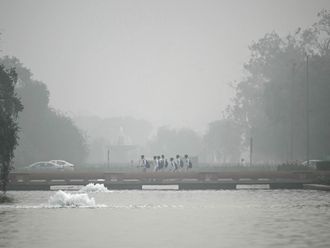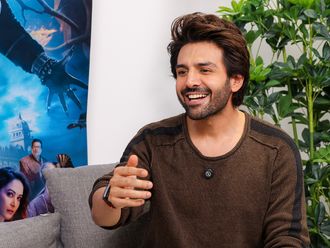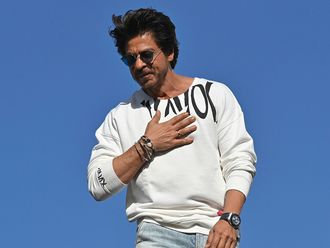Mumbai: Muslims in Mumbai are not entirely happy with the Ayodhya verdict but say they will respect it. They will now appeal before the Supreme Court on issues that do not appear to be clear to them.
"What is clear in the verdict is that the mosque was not built after destroying a temple," says Mehmood Dariyabadi representing the Jamiat-e-Ulema-e-Hind.
"That the court has said the idols will remain at the site is based on the Hindu belief that Ram was born at this place and not based on any archaeological evidence."
The division of the disputed area between Hindus and Muslims is a good thing, he says, "but our stand is that the entire area belongs to the Muslims. Therefore, we intend to appeal before the apex court."
According to Burhanuddin Qasmi, who heads the Federation of Minorities, "The Ayodhya verdict is a politically good decision for a reconciliation. The honourable judges wanted to make everyone happy but I wonder how the division of the disputed land can be done for a temple and mosque. There are several points to be considered, one of them being the height of the temple," he says. The court has ruled that the disputed land in Ayodhya should be divided into three parts for the Muslims, Hindus and the Nirmohi Akhara, a Hindu religious group.
"The verdict has certainly disappointed Muslims and cannot be accepted." He points out, "There is no historic proof to show when exactly the disputed structure was built."
Mohan Salekar of the Vishwa Hindu Parishad in Mumbai is indeed a delighted man. "I feel this verdict has established our stand held for 22 years that the site was the birthplace of Ram. We are also happy that the three judges have ruled that the idols belong to Ram and will remain there." With the Nirmohi Akhara "also a part of us, a temple dedicated to Ram is our dream but it depends on whether the other party goes to the Supreme Court."
A Christian priest, Father Cedric Prakash, Director, A Centre for Human Rights and Peace, based in Ahmedabad and who has witnessed the bloodiest communal violence in Gujarat, says, "Some are bound to feel unsatisfied with the judgement and will obviously appeal to the apex court. But we all need to respect the verdict to ensure peace and harmony reign in every corner of our beloved country." He stressed that the time has now come to close the chapter of a sad and violent history of India and to begin a new chapter where communal harmony, peace and fraternity triumph. "We can show the world that we are a mature democracy and that our strength lies in our diversity and respect for all."
Uneasy calm in Mumbai
Uneasy calm prevailed across the city just before the Ayodhya verdict was pronounced as people rushed home from offices and work places while taxis and autorickshaws stayed off roads.
Even little children who come out to play noisy games in the streets of crowded localities were kept locked in to their homes by their mothers.
Many residents who constantly grumble about traffic jams and crowds reached home without a hassle to watch the historic verdict being pronounced. As TVs blared the news, roads became almost empty of people and vehicles — an unusual sight in Mumbai. However, the presence of police everywhere was very strong especially in sensitive places and slum areas.
Almost the entire Mumbai Police force along with other security agencies patrolled the roads even as preventive arrests were made a day earlier. The government had identified around 45 locations as "sensitive" and extra forces were deployed to maintain calm.
"The media played a good role this time by not broadcasting scenes of the Babri Masjid demolition nor did they allow anyone to make controversial statements on the issue," said Ranjit Nair, a resident.
The appeal for peace and harmony came from every section of the community as well as Prime Minister Manmohan Singh helped, he said.












